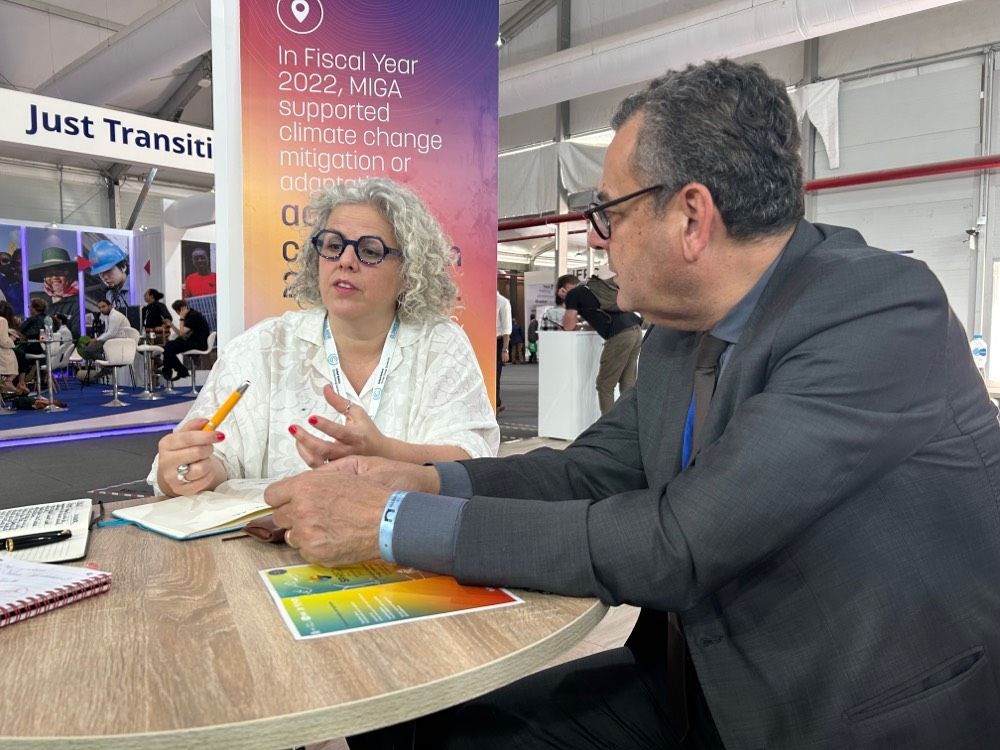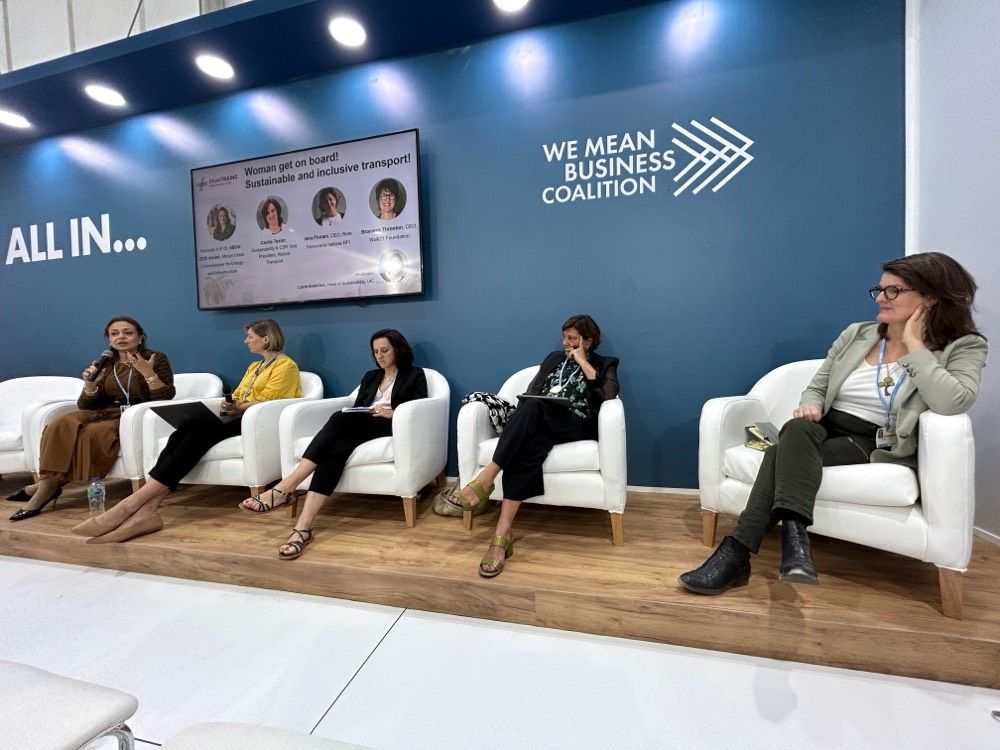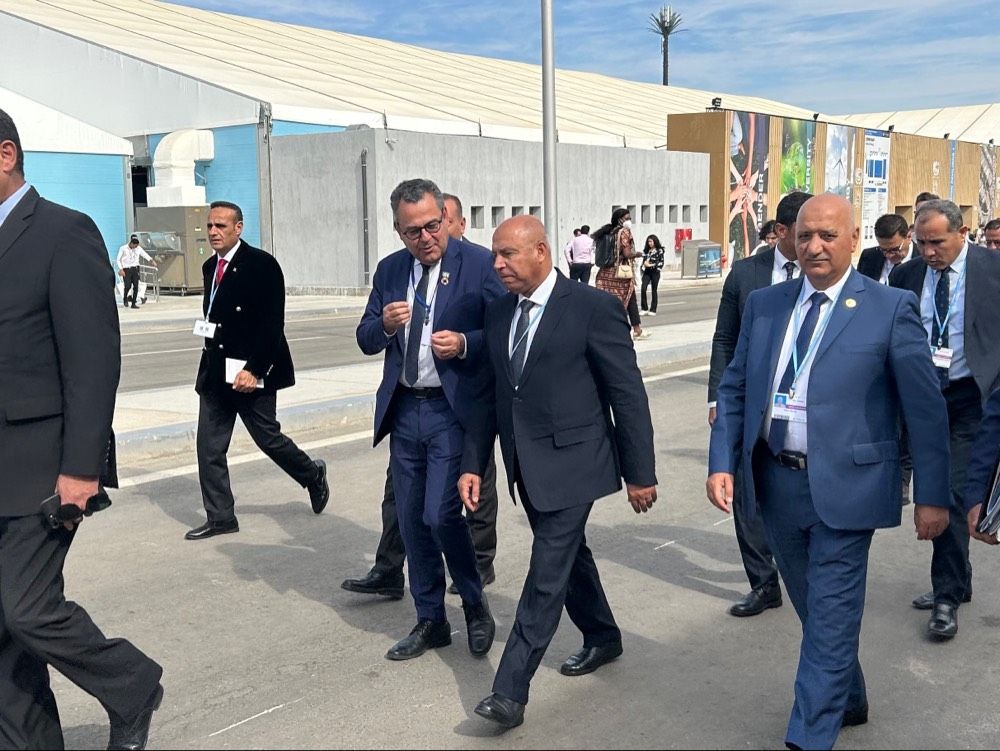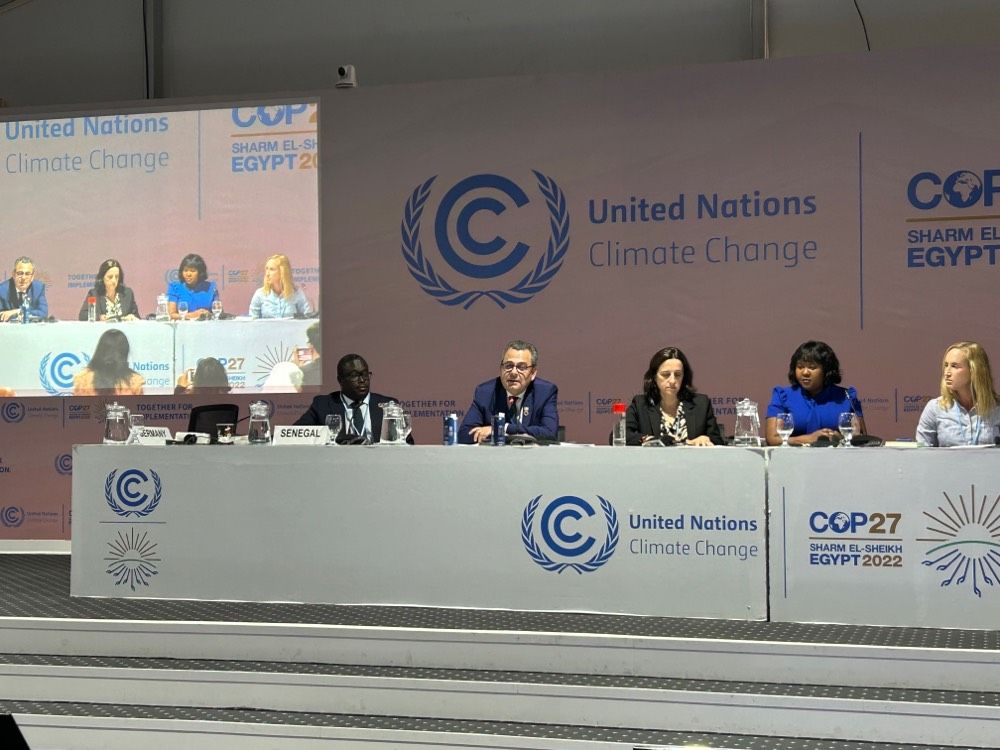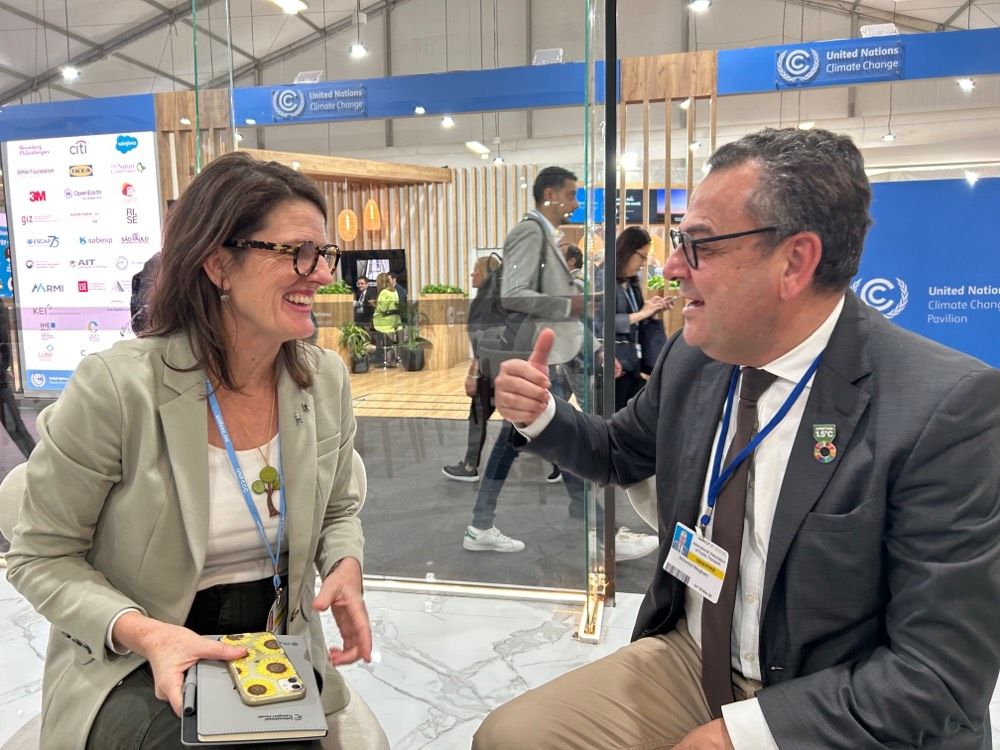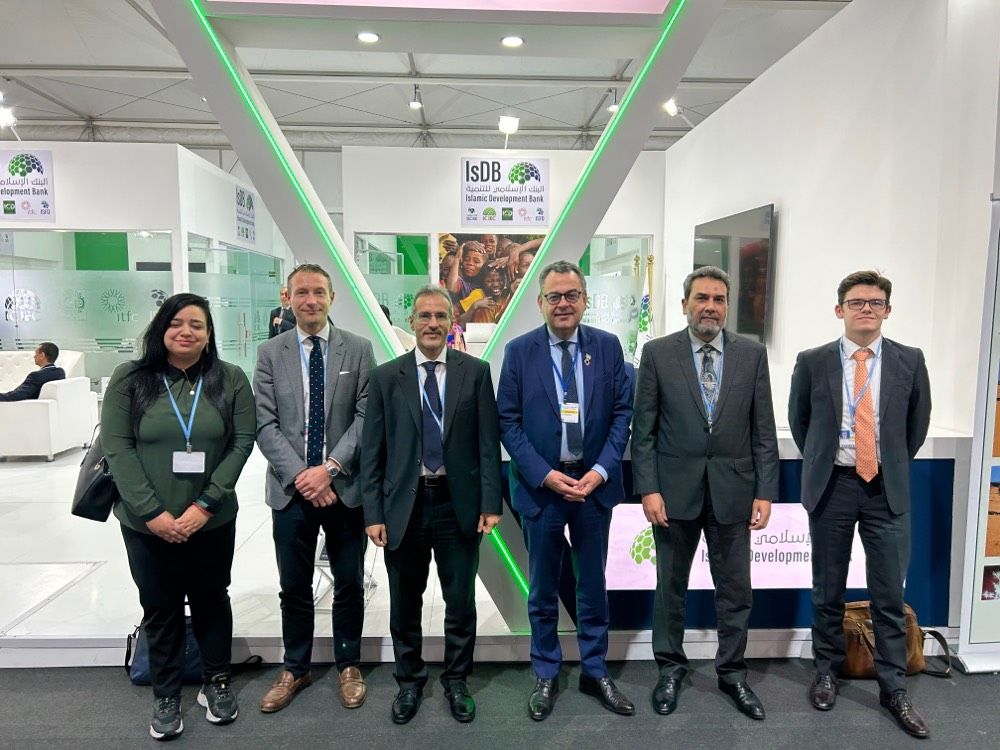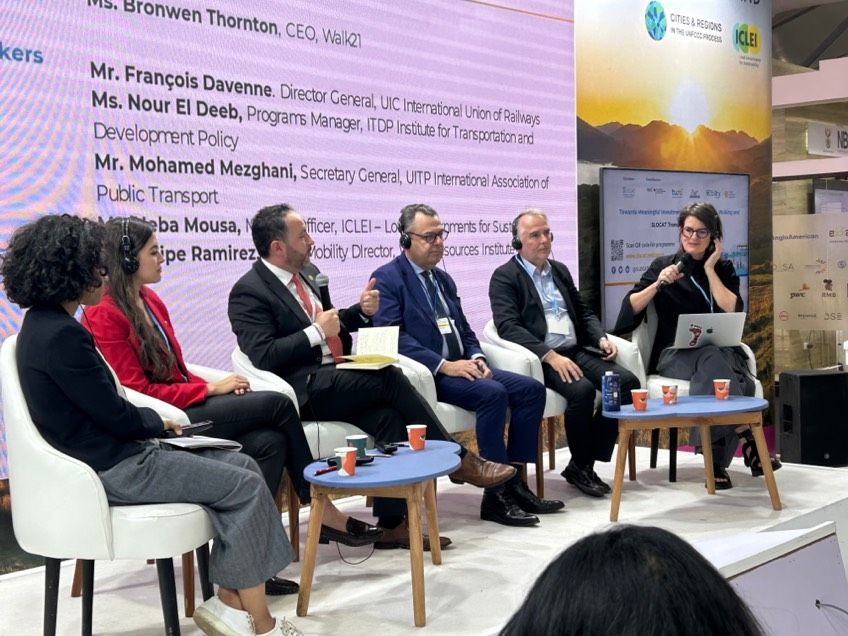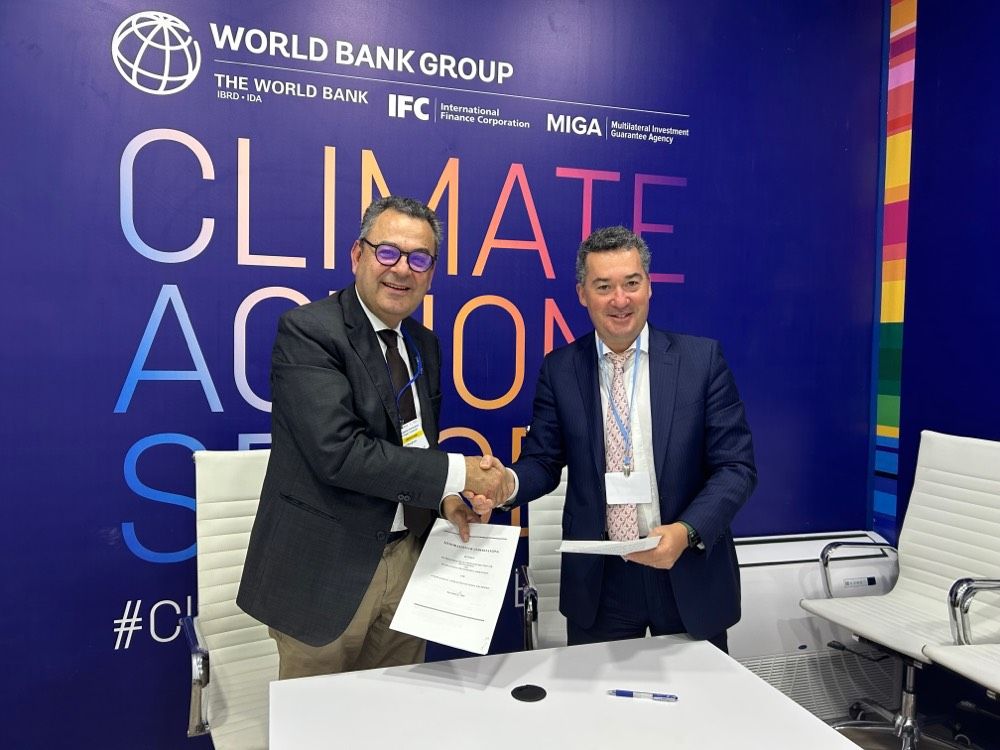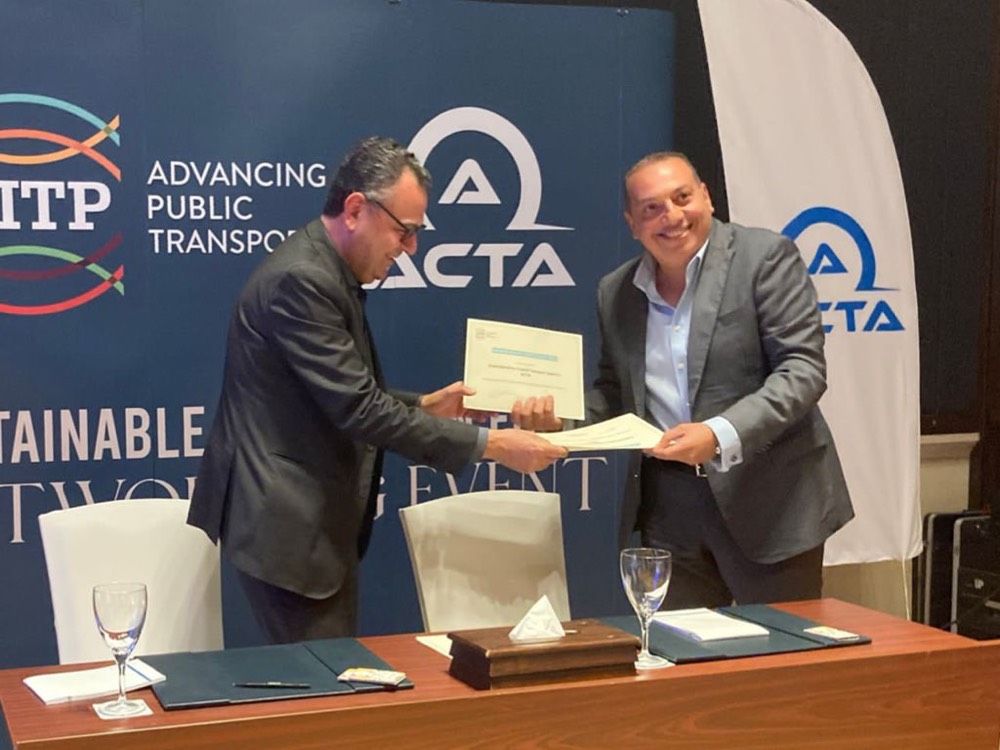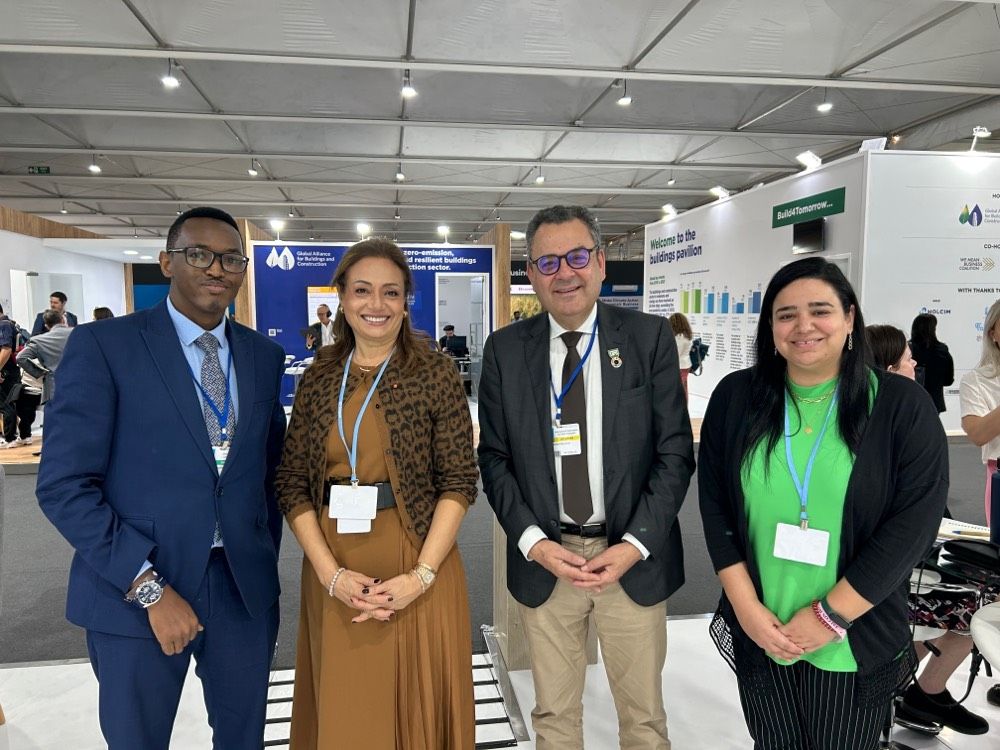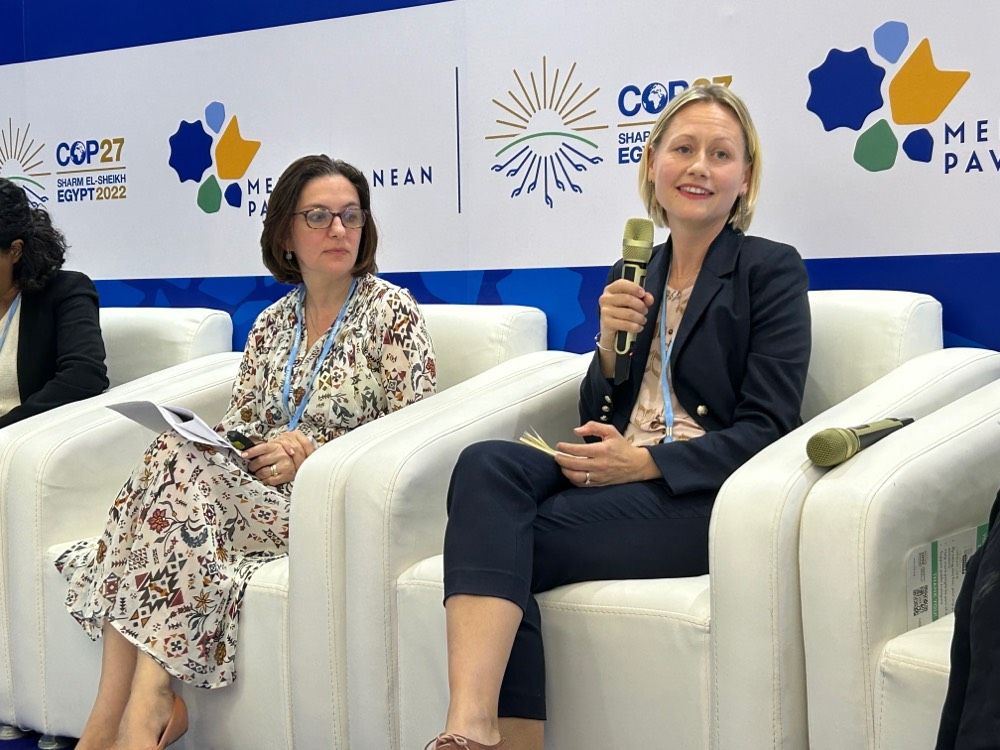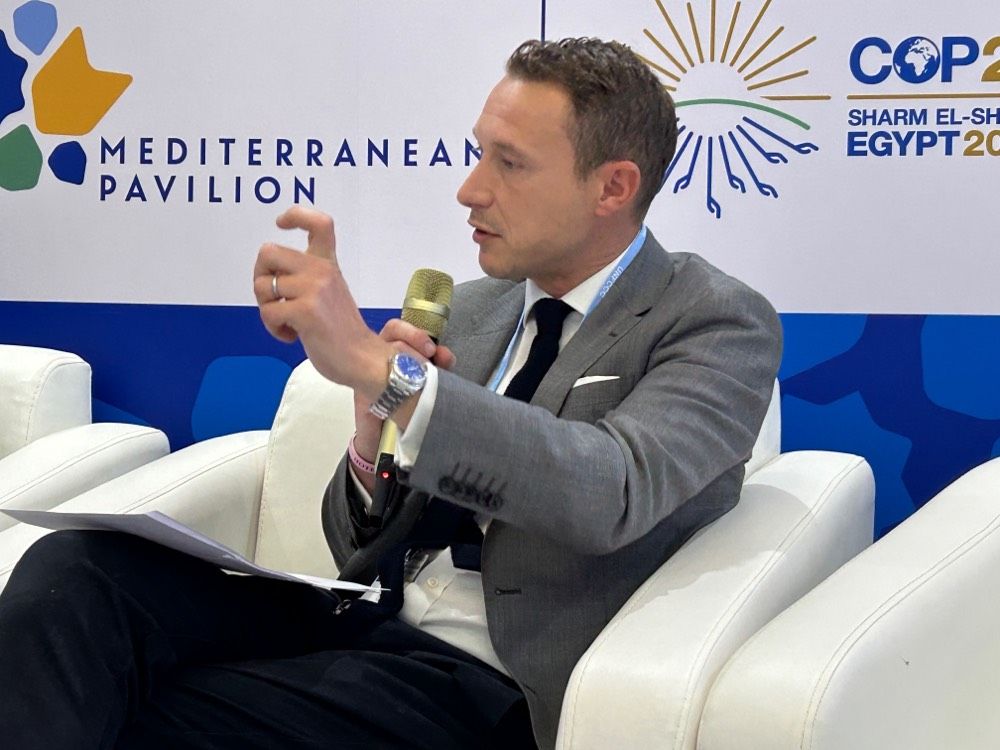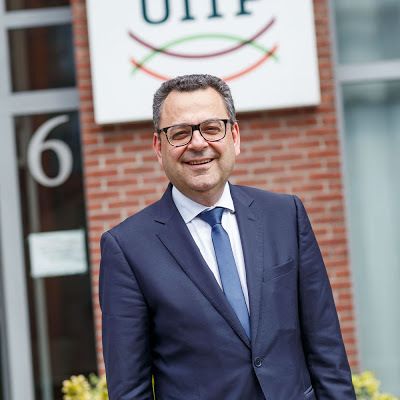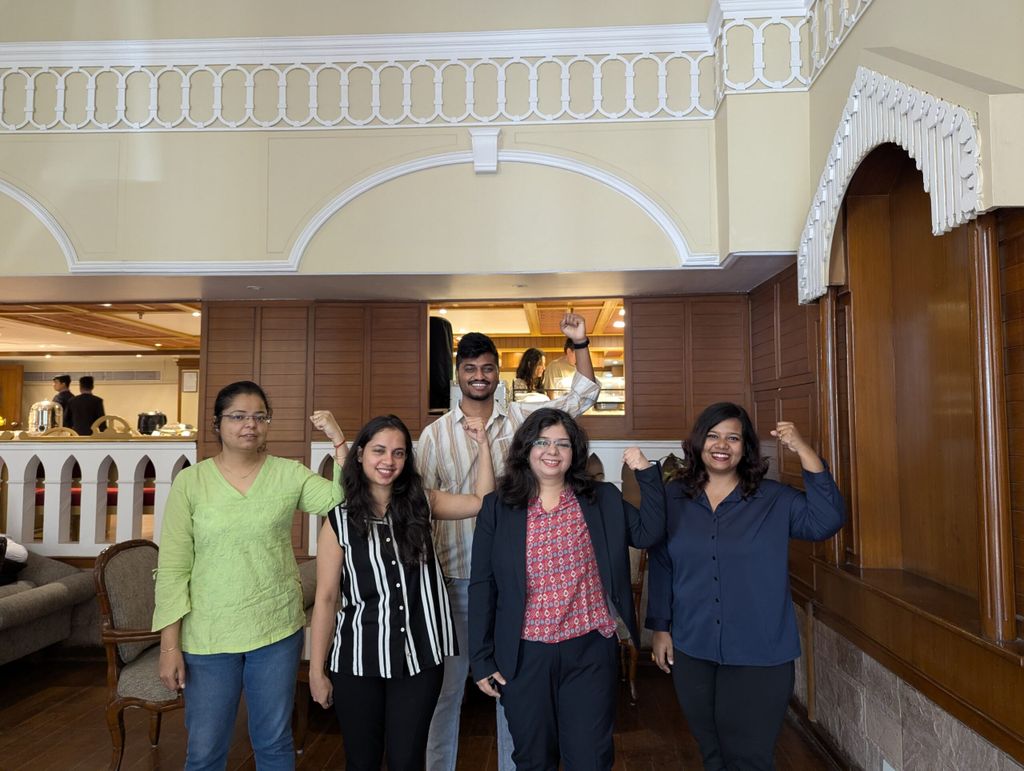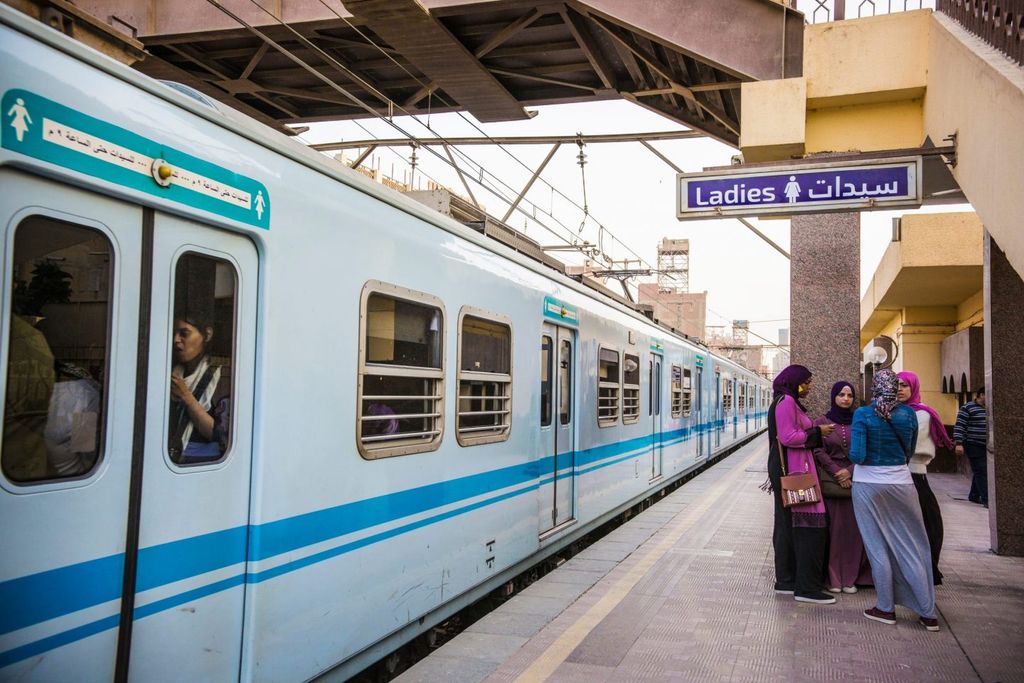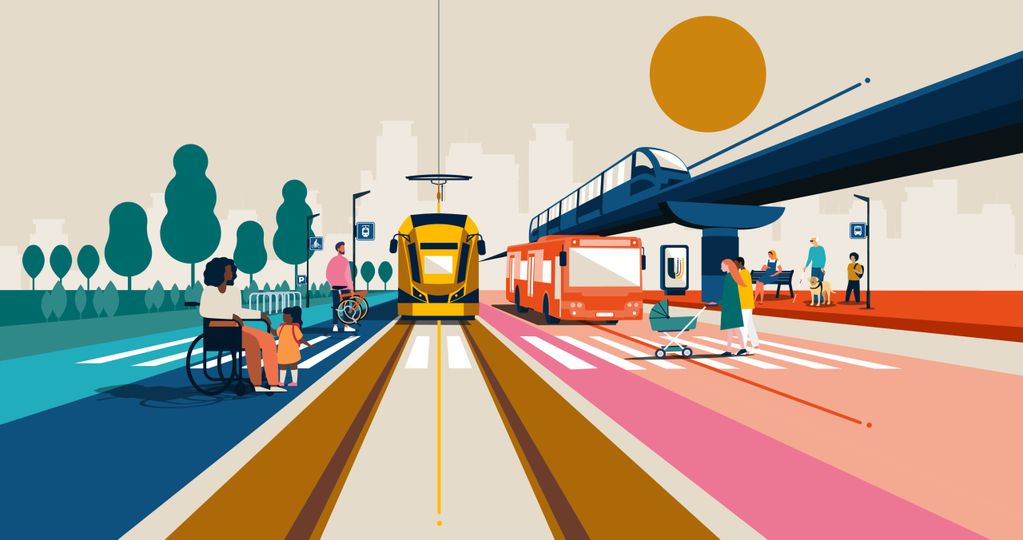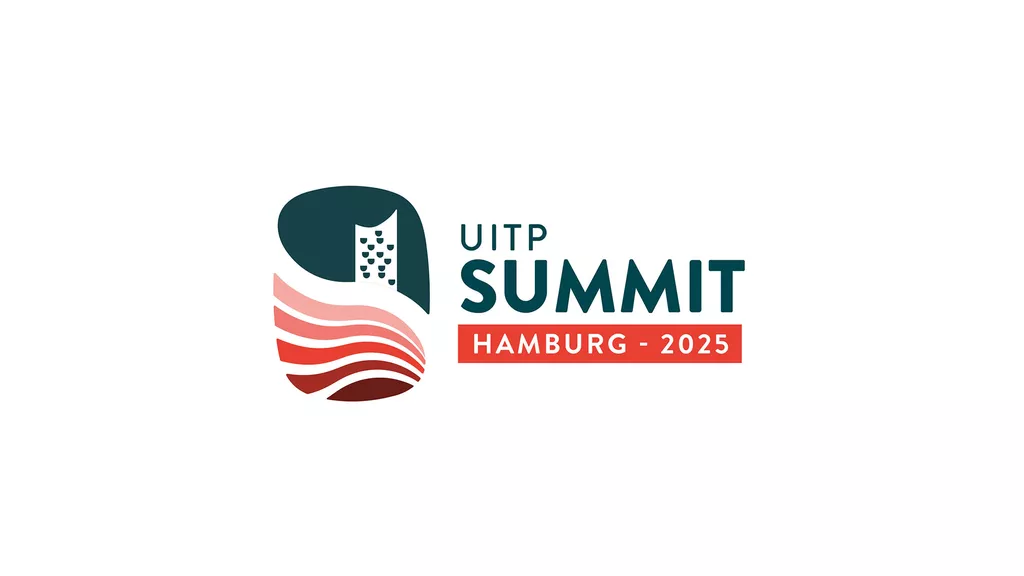
Capacity building, transport authorities and electrification, advancing public transport at ‘African COP’
After a year in which public transport was largely ignored, and as the world suffers the increasingly catastrophic effects of the climate crises, the 27th United Nations Climate Change Conference was held in Egypt from 6 to 18 November.
The Conference of the Parties (COP) brings together nearly every country on earth for a global climate summit. Historically, these negotiations have led to the Paris Agreement and the Kyoto Protocol.
UITP joins COP to advocate for public transport. We push for the sector to be prioritised in climate actions as a solution to decarbonise the transport sector, fight air pollution and make cities more liveable. The delegation does this by organising events and meeting with (potential) partners like the World Bank, Islamic Development Bank and the African Union.
Thanks to UITP’s close involvement in the preparation for the COP27 solutions day on 17 November, public Transport and sustainable urban mobility are central in the initiatives launched by the Egyptian presidency. Two initiatives, LOTUS and SURGe, aim to advance urban sustainability and low carbon transport. UITP plays a leading role in both initiatives.
The COP27 Outcome Document, the ‘Sharm el-Sheikh Implementation Plan’ affirms that Non-State Actors (NSAs) such as companies, cities, and the public transport sector are critical drivers of climate action. Their collective net zero commitments and action contributes to, and helps speed up, national ambition. It emphasises ‘the need for continued acceleration and collaboration’ between countries and the NSA community.
The COP27 Presidency Initiatives like LOTUS and SURGe bring these parties together. As such, they can play an important role in the year ahead. Their implementation can help build the capacity to implement future National Climate Action Plans (NDCs) and prioritise investment in 2023 and beyond.
At the announcement of the LOTUS initiative, Egyptian Minister for Transport, Kamel al-Wazir emphasised the importance of these initiatives, specifically for the global south: “Developing nations are growing rapidly. Our initiatives need to acknowledge their unique challenges. The LOTUS initiative will enhance green, fair and resilient means of transportation.”
Surprisingly few countries have made public transport a clear and central part of their climate commitments. They are not ambitious enough, not comprehensive enough and not targeted enough. We need targets to decarbonise and increase the share of public transport.
To amplify the voice of public transport at COP27, UITP organised or participated in 9 around a dozen events. Topics ranged from urban mobility in the world’s developing economies to the effect of public transport on health.
Speaking in those events, was not just UITP’s Secretary General Mohamed Mezghani. A number of members from organisations like Alstom, Keolis, RATP, FNM Group and CETUD joined the delegation in Sharm El Sheikh.
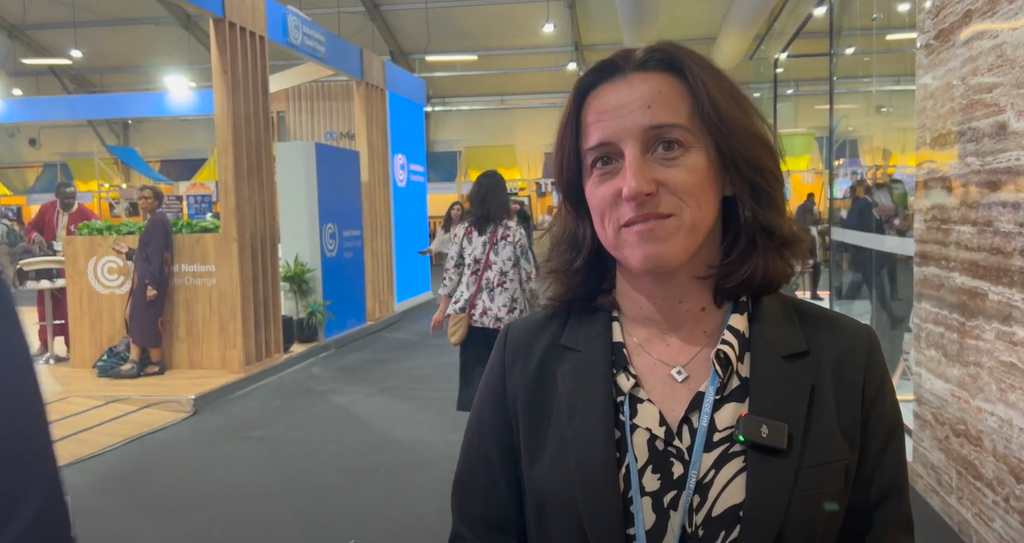
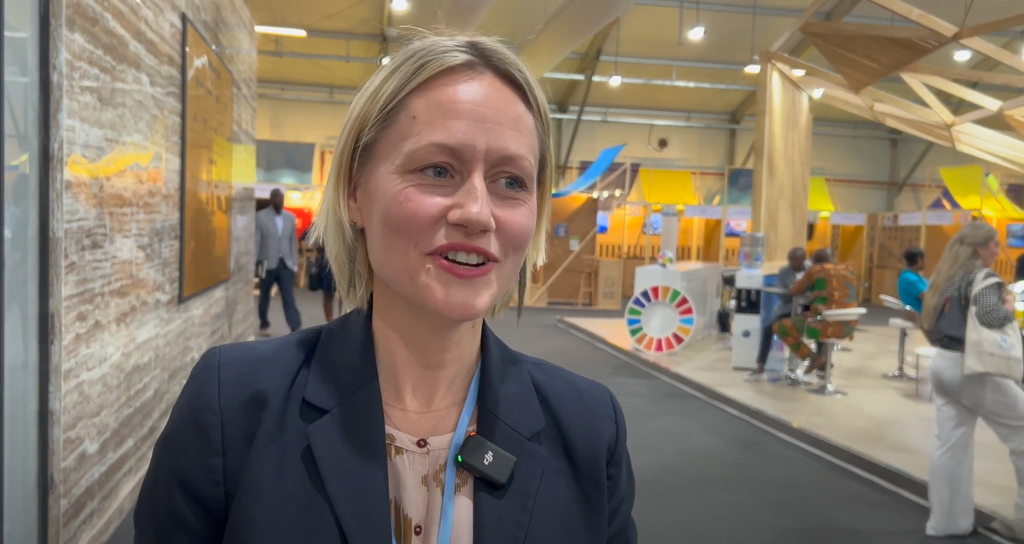
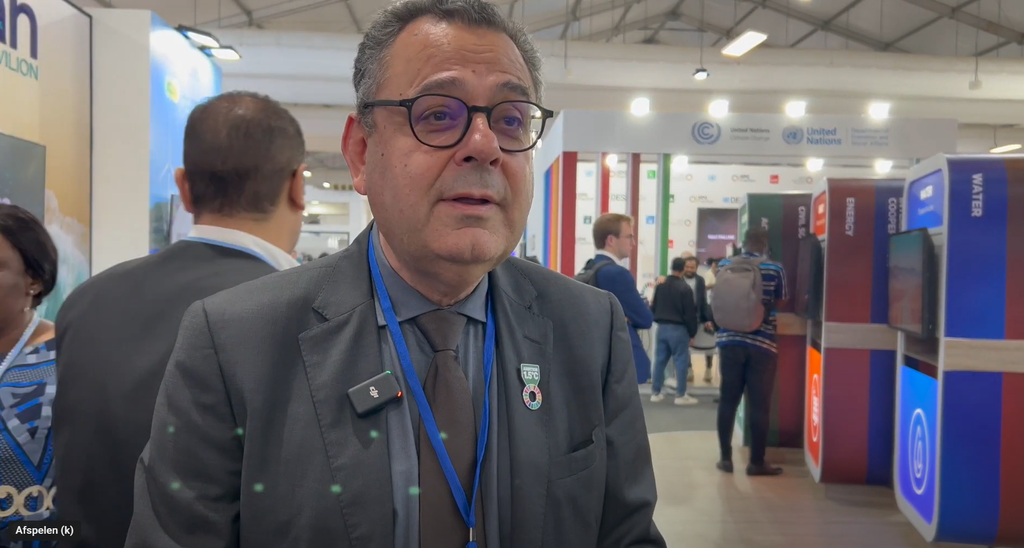
But it’s public transport ‘walking the talk’ that sends the strongest message. Over 30,000 delegates descend on Sharm El Sheikh for the two-week period of COP. They get around almost exclusively by public transport.
For COP27, UITP’s newest member ACTA acquired 140 electric buses and 120 CNG buses. In just 4 months, they set up 7 routes, with buses every 5 minutes and stopping at 171 temporary bus stops.
And whenever delegates boarded an electric bus, they were met with a thank you card from UITP, saying that “you are part of the solution to the climate crisis”.
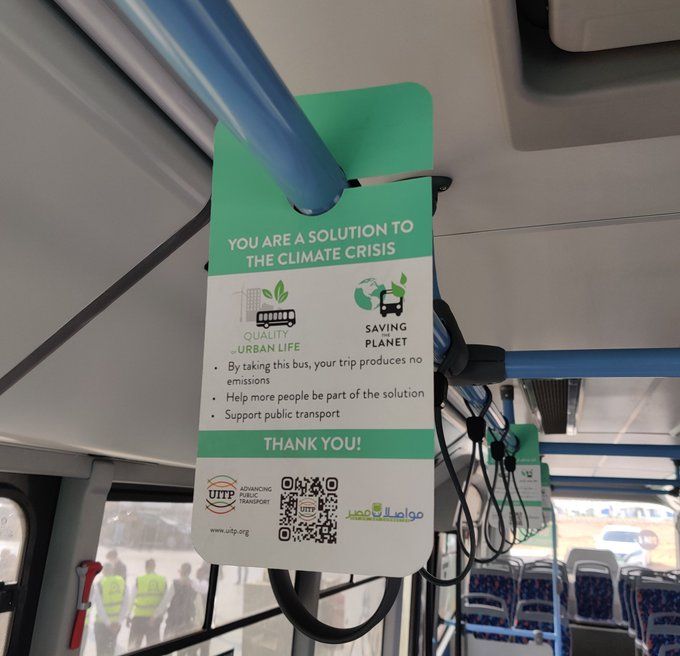
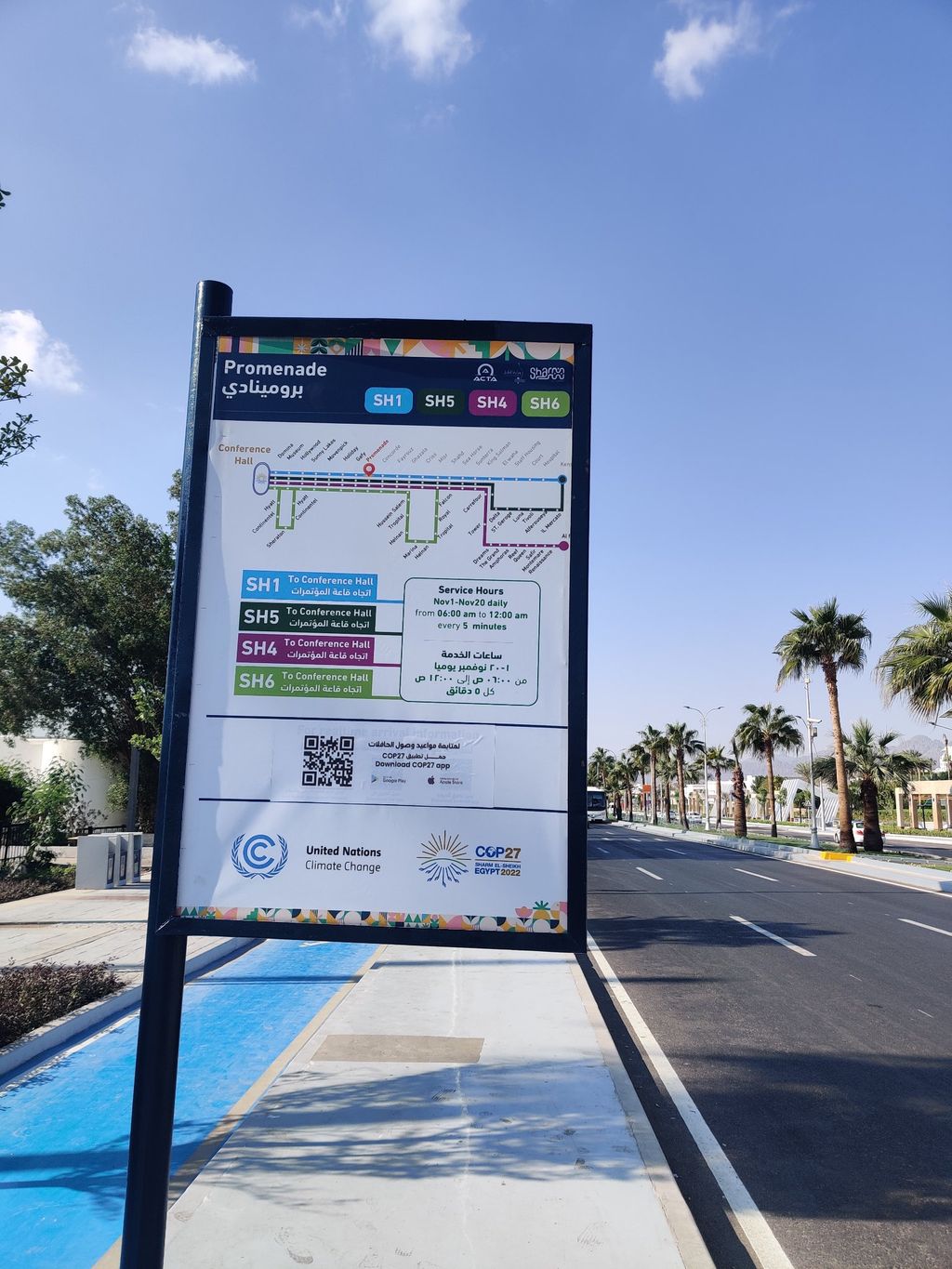
*Acting on behalf of Mohamed Mezghani SARL
Membership benefits

